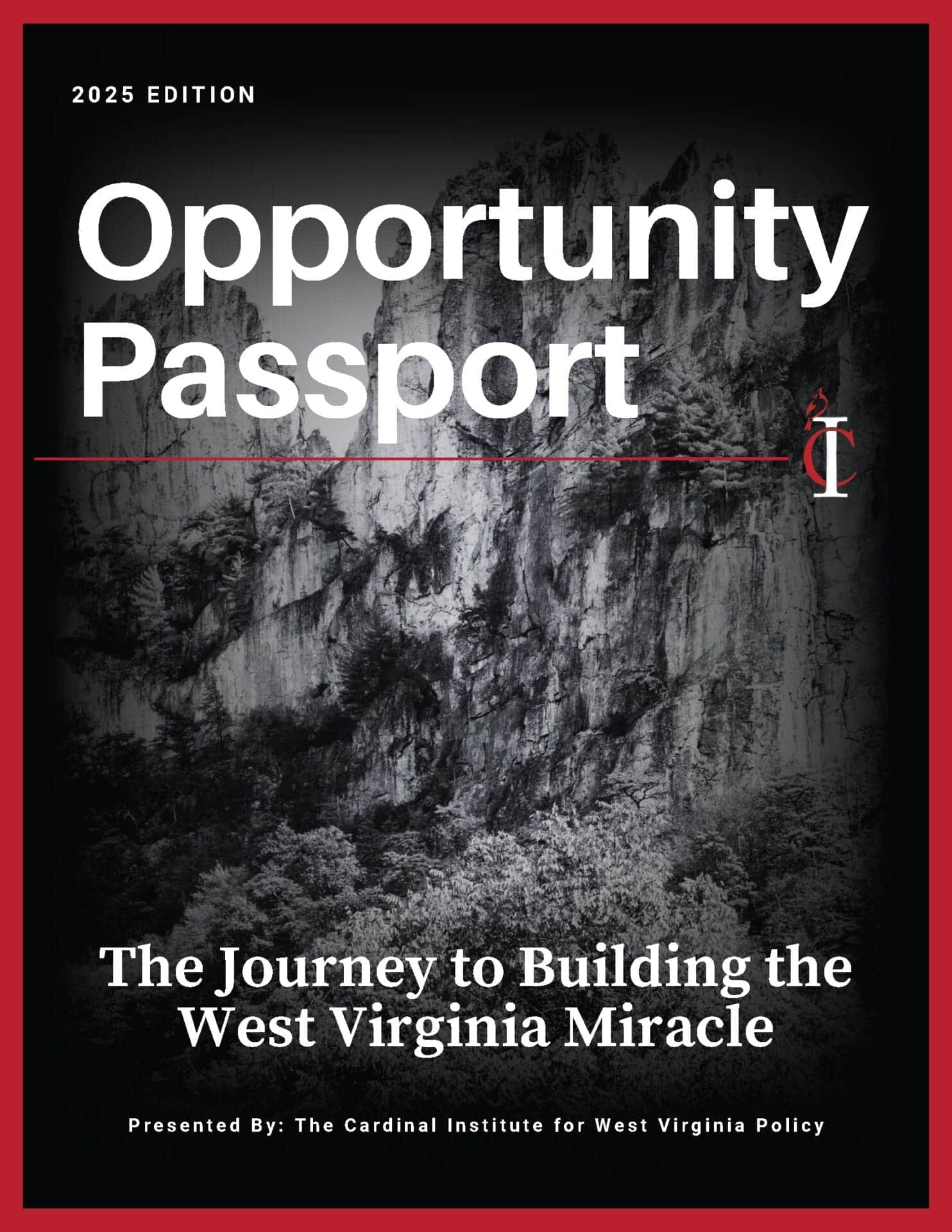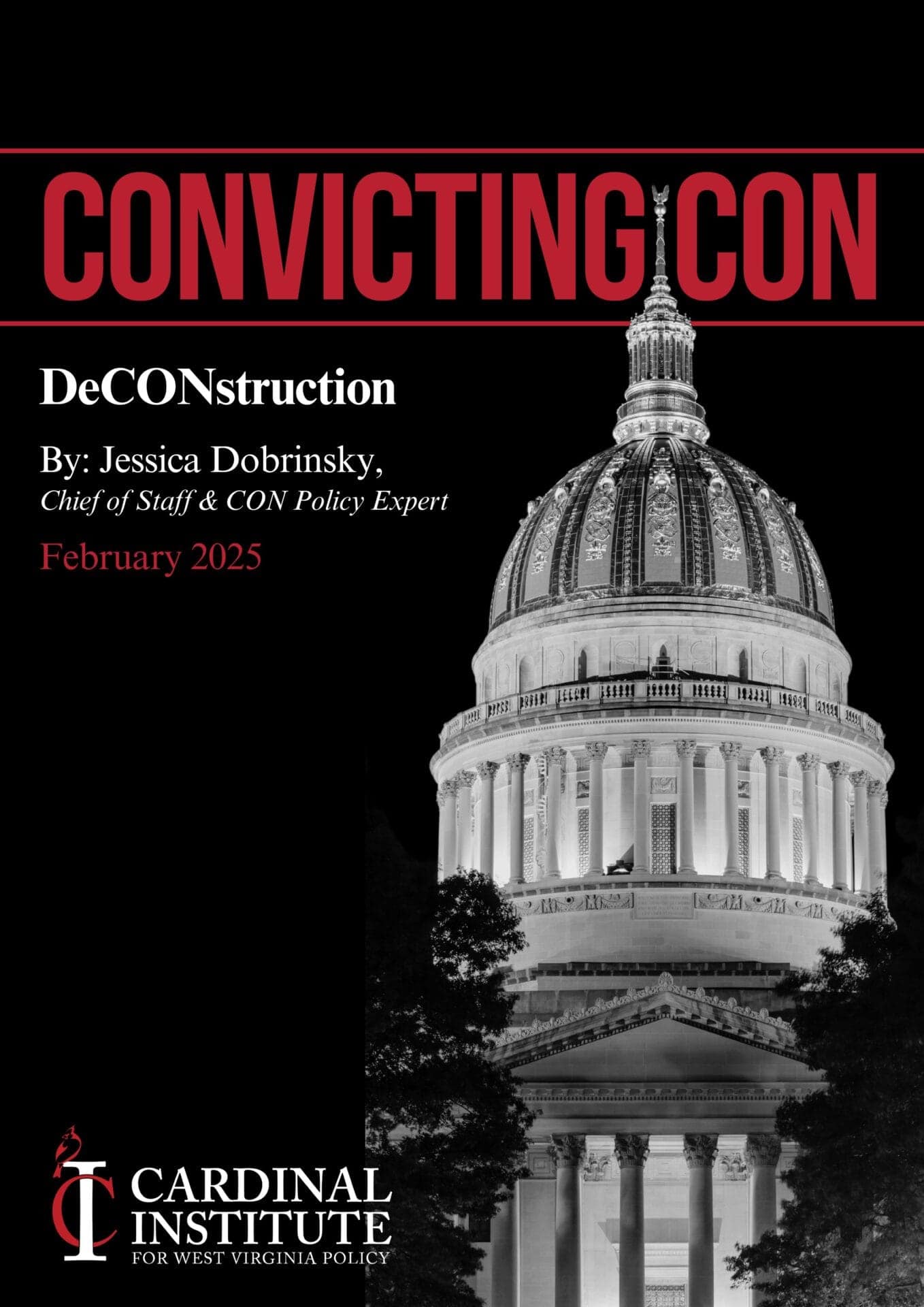
Is There a Future for West Virginia?
Cardinal Team
West Virginia’s Path: A Different Future or the Eternal Now?
Sweaty, breathing heavily on a stationary bike at 5:30am, I was watching the most recent season of Netflix’s popular show, Castlevania, when a main character, Isaac, said something that floored me:
“They convince us that there is no future. There’s only an eternal now.”
Isaac’s statement hit me hard. It’s a perfect summation of the struggle to change West Virginia’s future. If I were to restate Isaac’s words more precisely for West Virginia, it would be the following:
“Is West Virginia to have a different, more prosperous future or will nothing ever change?”
Life Changing Policies That Will Shape Our Future
While a beautiful state with some opportunities, West Virginia still lags the rest of the country in so many ways. Sadly, that has been the case for any living person’s memory. However, there is little doubt that some seismic changes have occurred that will change the state’s trajectory. We now have nearly-universal school choice in the form of the Hope Scholarship and worker freedom in the form of “right-to-work.” These two policies are future-shaping. Although they are necessary for a more prosperous West Virginia, they are not guarantees of future prosperity.
This is where “the future vs. the eternal now” comes in. West Virginia has built up momentum in its quest to become a freer, more open environment. But, we still have a long way to go, and we do not have the luxury of simply catching up. Given West Virginia’s negative reputation, we must go above and beyond to attract families, entrepreneurs, and those who see risk as an opportunity and not a threat. If not, we will continue to lag behind wealthier states in our “eternal now” – the same old status quo.
How To Leave the Eternal Now
So, what must be done?
States like California, Illinois, and New York are spending their wealth that was gained when their regulatory and tax environments were more friendly. They are clearly entering a decay phase. Other states, like Utah, Florida, and North Carolina have policies in place that promote job creation, wealth formation, and a more student-centric education system. This allows them to build up the economic capital for future generations.
Since West Virginia does not have the luxury of spending down capital built from the past, it must follow the examples set forth by states like Utah, Florida, and North Carolina. A flatter, less punishing tax system is critical to attracting entrepreneurs and workers. States like Florida, where there is no income tax, and North Carolina, who has committed to reducing their income tax, are great examples of this.
Also, a safe space must be created for innovators to try out new ideas. This can be done by following Utah’s example with a concept known as a “regulatory sandbox.”
We cannot forget our healthcare system, either. As West Virginia’s primarily rural population continues to age, it’s essential to eliminate harmful “certificate of need” laws. These laws keep health care prices high, supply artificially low, and make the healthcare sector trend towards consolidation and monopoly.
Taken together, these policies begin to shape a different future for West Virginia. They help keep us from sleepwalking through the “eternal now”. However, if West Virginia rejects these reforms, the state will continue its reputation as hostile to opportunity. What a shame that would be.
Garrett Ballengee is the Executive Director for the Cardinal Institute for West Virginia Policy and a native of West Virginia.







